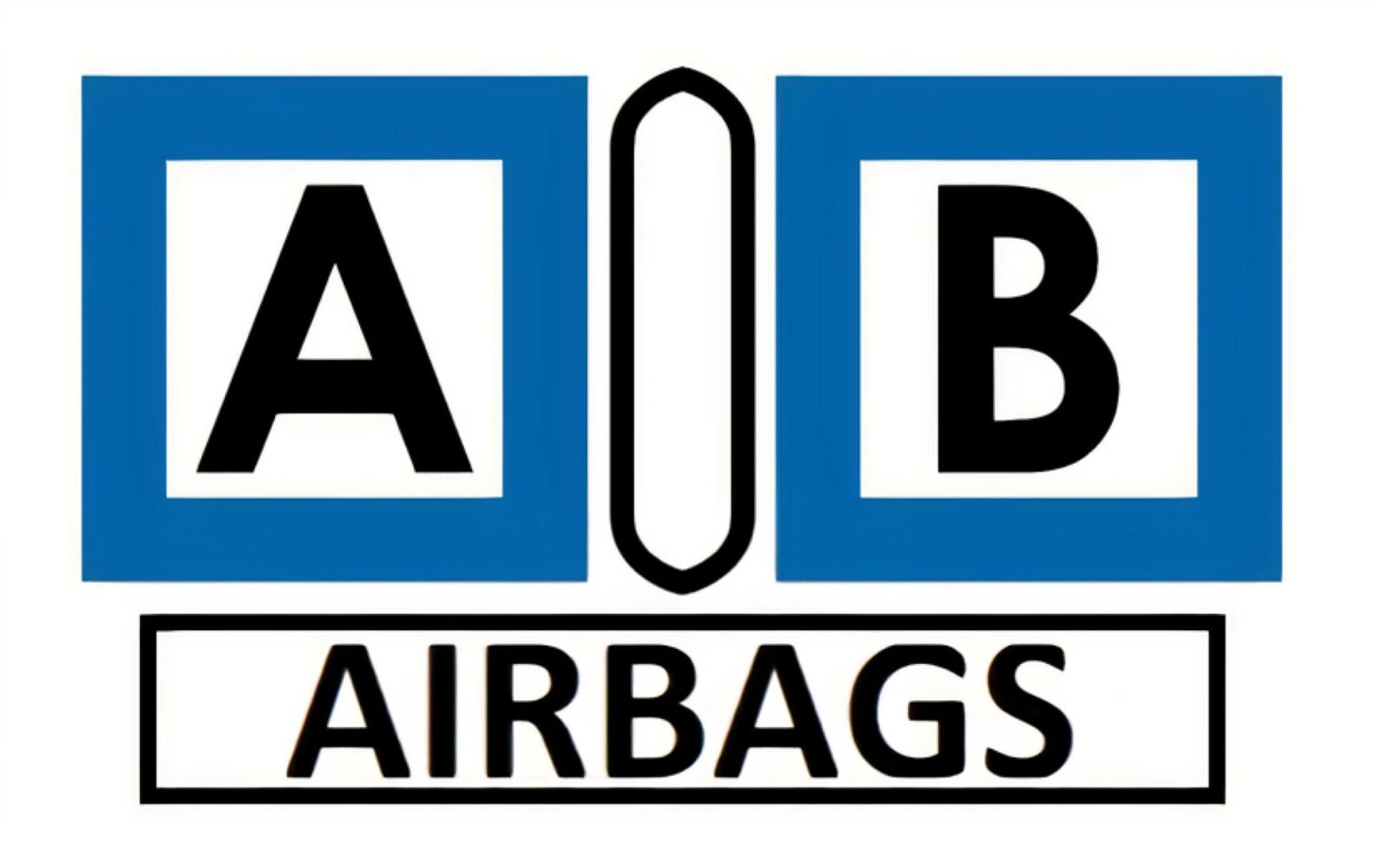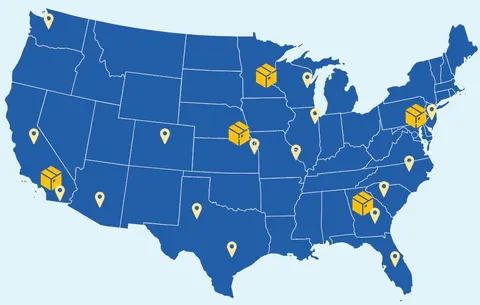FAQ'S
Got a question? We’re here to help
-
What are dunnage bags?
Dunnage bags are load securement materials used for the damage prevention of the products during transportation. They are inflatable bags that provide convenient and cost-effective cargo stabilization in trucks, railcars and oceangoing vessels. They can be inflated with compressed air in seconds. They are positioned in voids (gaps) between the cargo and when inflated, they restrict load movement and avoid vibrations during transportation. Almost every type of cargo can be secured with the use of dunnage bags, including break bulk and palletized cargo, coils, barrels, cases, and crates. Dunnage bags can also be used to reposition the load bulkhead in order to avoid any further load shifts. Dunnage bags go by many names such as dunnage bags, air bags, dunnage air bags, inflatable dunnage bags, disposable dunnage bags, disposable inflatable dunnage D.I.D. bags, pneumatic dunnage and reusable dunnage air bags.
-
Why do we need to use dunnage bags?
Using dunnage bags is like buying insurance for your products in transit. Damaged goods might lead to significant loss of money and time and translate into unhappy customers. By using dunnage bags, you can avoid product damage, save time and get away from tedious claim procedures. Also, by preferring dunnage bags over other methods of load securement, you can save on labor costs, transportation costs and even on storage costs as they are very easy to store and light-weighted. Using dunnage bags save you money in the long-term and minimize the cost of expensive replacements.
Here are some of the advantages of using dunnage bags:
• Easy to install
• Fast load securement
• Versatile and practical
• No carpentry, construction ot teardown time
• No special storage requirements
• Improved load factor
• Permits double and triple decking of skids
• No stair-stepping
• Reduced line-haul or transportation cost
• Fills voids, braces loads and absorbs vibrations
• Allows fragile freight to be loaded anywhere in the container
• Re-usable, recyclable and echo-friendly
• Less expensive than other load securement materials
• High customer satisfaction of product quality and performance
-
How exactly do dunnage bags protect cargo?
The most important guiding principal of good freight loading is to load tight lengthwise and crosswise in containers/trucks and rail cars to avoid any unnecessary movement and/or vibration. Dunnage bags can fill all spaces both lengthwise and crosswise. Since their elasticity is high, they can fill different sizes and shapes of space. Dunnage bags also provide cushioning. When used lengthwise, dunnage bags cushion against impact shocks from yard handling or truck/train/vessel action. When used to fill crosswise space in boxcars and containers, they help to dampen vibration from the car and container into the freight. Under certain conditions, dunnage bags can also be used to control lengthwise movement of palletized cased goods in intermodal service. (They apply pressure to the palletized freight, pushing it against the sidewalls, and limiting any movement due to increased friction between the trailer sidewalls and the pallets.)
-
What is load securement?
Section 2(e) of the Cargo Securement Regulations defines load or cargo as: “all articles of material carried by a vehicle, including those used in the operation of the vehicle, but does not include passengers.” Load securement means the load or cargo is safely attached to the vehicle hauling it via securing devices, blocking and/or bracing equipment.
-
Why is load securement important?
The cargo must be secured efficiently so that the load does not fall forward or backward, shift, spill, leak, blow off or be dislodged from the vehicle, or shift to such a degree that it reduces the vehicle’s stability, or its maneuver ability. According to the European Commission's Directorate-General for Mobility and Transport", up to 25% of accidents involving trucks can be attributable to inadequate cargo securing". Proper load securement equipment and procedures save lives, cargo and time. Failure to secure cargo can have serious repercussions.
-
Who is responsible for load securement?
The securement system is the responsibility of both the carrier and the driver. A carrier must not allow a driver to operate a vehicle if the cargo is not securely protected.
-
How do I determine what type and size dunnage bag to use?
There are several parameters to consider to determine which size would be the best fit for your needs. Different sizes and product levels can be used depending on the type, weight and size of the commodity. Other parameters include the transportation mode, void size and loading practice.
-
Are dunnage bags re-usable?
Our products are re-usable, if they are stored in good condition after each use. Please note that Association of American Railroad (AAR) prohibits the re-usability of air bags for shipment by rail in the US.
-
How eco-friendly are your products?
Our dunnage bags are 100% recyclable.



